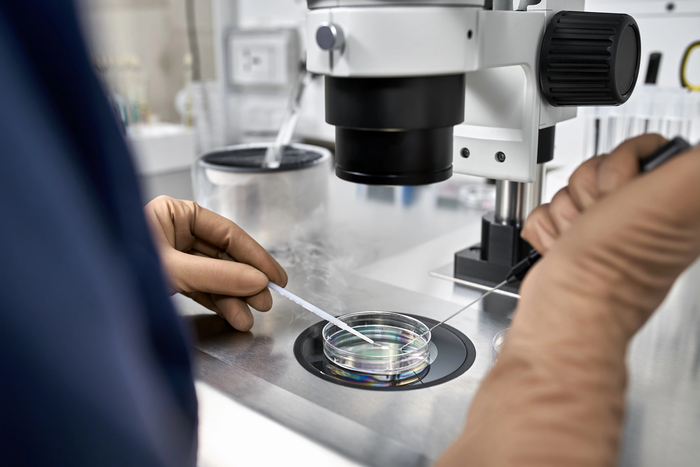The Journey of Egg Donation
What Is Egg Donation?
Egg donation is when a woman donates her eggs to help another person or couple conceive. It’s often used in cases where a woman can’t produce viable eggs due to age, medical conditions, or genetic concerns. The donated eggs are fertilized in a lab and transferred into the intended mother’s or surrogate’s uterus through in vitro fertilization (IVF). (Source: ScienceDirect)

Becoming an Egg Donor
For those who decide to donate their eggs, the process involves medical screenings, hormone treatments, and a minor surgical procedure to retrieve the eggs. Egg donors typically go through psychological evaluations to ensure they’re emotionally prepared for the experience. Once approved, they begin a cycle where fertility medications stimulate the ovaries to produce multiple eggs. These are then retrieved in a quick outpatient procedure.
Who Needs an Egg Donor?
Egg donation is an option for many people, including women with diminished ovarian reserve, early menopause, or conditions like endometriosis that affect fertility. Same-sex male couples and single men who want to become parents also rely on egg donors along with a surrogate. Each recipient’s journey is different, but the goal remains the same. To create a family. (Source: ReproductiveFacts)
Choosing an Egg Donor
Some hopeful parents choose to work with an anonymous donor through an egg bank, while others prefer a known donor, such as a friend or family member. When selecting a donor, factors like medical history, genetic background, physical traits, and personality can all come into play. Many parents also look for donors whose characteristics align with their own to create a genetic resemblance.
The Emotional Side of Egg Donation
Egg donation can be an emotional experience for both donors and recipients. Donors often feel a deep sense of fulfillment knowing they’ve helped create a life, while recipients may experience a mix of excitement, gratitude, and anxiety throughout the process. Support from medical professionals, counselors, and loved ones is essential to navigate the emotions involved.
Success Rates and What to Expect
Egg donation has high success rates, especially when using eggs from younger, healthy donors. However, just like any fertility treatment, there are no guarantees. Factors like embryo quality, the recipient’s health, and the IVF processitself all play a role in the outcome. Many couples and individuals find comfort in knowing that egg donation has allowed thousands of families to have a child. (Source: Vocal)
A Journey of Hope
Whether you’re donating eggs or receiving them, egg donation is a journey built on hope, generosity, and science. It opens doors for those who dream of becoming parents but face obstacles along the way. While it’s a complex process, the impact it has on lives is profound. For many, it’s the answer to creating the family they’ve always wanted.
Sources:
ScienceDirect - ScienceDirect.com/topics/medicine-and-dentistry/egg-donation
ReproductiveFacts - Reproductivefacts.org/news-and-publications/egg-donation/
Vocal - Vocal.media/writers/what-are-the-advantages-of-using-donor-eggs-in-ivf






